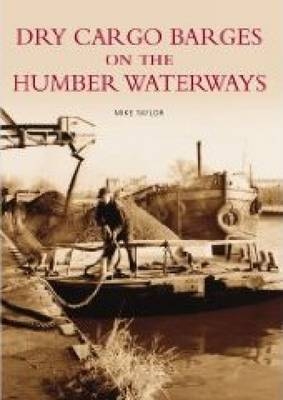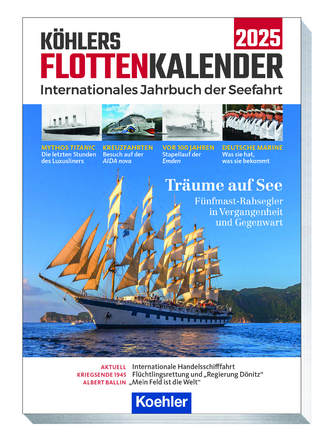
Dry Cargo Barges on the Humber Waterways
Seiten
2007
The History Press Ltd (Verlag)
978-0-7524-4322-5 (ISBN)
The History Press Ltd (Verlag)
978-0-7524-4322-5 (ISBN)
A history of Humber waterways
This book completes Mike Taylor's three-volume coverage of craft on the Humber's inland waterways. Volume one dealt with tugs and towing barges and volume two with tanker barges. This final instalment concentrates on the story of the dry cargo barges that plied the Humber waterways from the early days in the seventeenth century, through their flourishing heyday, to their gradual decline due to the proliferation of roads and railways. From time immemorial barges have afforded a means of moving dry cargoes from place to place on rivers and estuaries, carrying many times the weight of goods that were transported by cart or packhorse.
A thriving trading network was in place on the Humber waterways well before the start of the twentieth century and continued to prosper despite the construction of roads and the coming of railways. Although the use of waterways transport did eventually start to subside, some still exists today. In this detailed history, a wealth of illustrations describe the development of dry cargo carrying on the Humber waterway from the days of unpowered craft through to the self-propelled vessels and push-towed craft of later times, covering keels, sloops, pull-towed vessels and motorised dumb barges.
This book completes Mike Taylor's three-volume coverage of craft on the Humber's inland waterways. Volume one dealt with tugs and towing barges and volume two with tanker barges. This final instalment concentrates on the story of the dry cargo barges that plied the Humber waterways from the early days in the seventeenth century, through their flourishing heyday, to their gradual decline due to the proliferation of roads and railways. From time immemorial barges have afforded a means of moving dry cargoes from place to place on rivers and estuaries, carrying many times the weight of goods that were transported by cart or packhorse.
A thriving trading network was in place on the Humber waterways well before the start of the twentieth century and continued to prosper despite the construction of roads and the coming of railways. Although the use of waterways transport did eventually start to subside, some still exists today. In this detailed history, a wealth of illustrations describe the development of dry cargo carrying on the Humber waterway from the days of unpowered craft through to the self-propelled vessels and push-towed craft of later times, covering keels, sloops, pull-towed vessels and motorised dumb barges.
Mike Taylor is an expert on the craft and history of the Humber waterways and an avid canal historian. This is his seventh book for Tempus; he lives in Derbyshire.
| Erscheint lt. Verlag | 1.8.2007 |
|---|---|
| Verlagsort | Stroud |
| Sprache | englisch |
| Maße | 165 x 235 mm |
| Gewicht | 300 g |
| Themenwelt | Natur / Technik ► Fahrzeuge / Flugzeuge / Schiffe ► Schiffe |
| Geisteswissenschaften ► Geschichte ► Teilgebiete der Geschichte | |
| ISBN-10 | 0-7524-4322-4 / 0752443224 |
| ISBN-13 | 978-0-7524-4322-5 / 9780752443225 |
| Zustand | Neuware |
| Haben Sie eine Frage zum Produkt? |
Mehr entdecken
aus dem Bereich
aus dem Bereich
internationales Jahrbuch der Seefahrt
Buch | Softcover (2024)
Koehler in Maximilian Verlag GmbH & Co. KG
CHF 35,90


